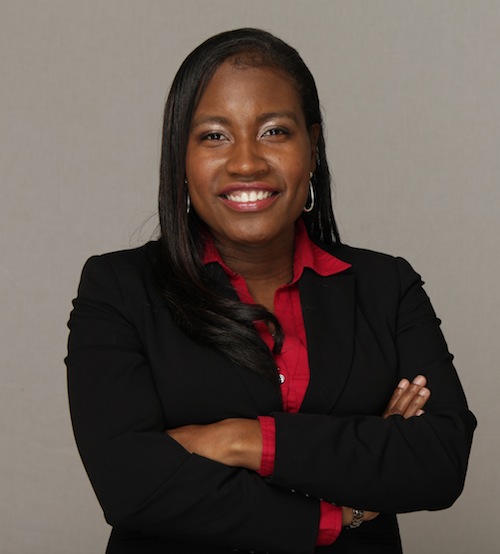Shikema

Some nights, Shikema Clark slept in parks or laundromats. Sometimes she just walked the streets, leaving home at nightfall and returning in the morning, in order to avoid being molested at home. “Occasionally I had a few dollars to stay in a cheap motel,” Shikema says. “I would run away for anywhere from two days, to two weeks, to a month. There were a few times that my mother looked for me and found me, but I usually, eventually came home on my own.”
Growing up with parents who were battling addiction exposed Shikema to drug dealers and other visitors to her house who regularly sexually assaulted her. Shikema recalls that if her mother had no money, she would sometimes even offer Shikema to men as payment for drugs. She started running away regularly when she was 12 years old, eight years after the abuse began.
While running away provided Shikema with a temporary escape from what happened to her at home, she now realizes that it was never the answer. “Running away does not help you deal with abuse, because no matter where you run, there you’ll be, and you’ll be carrying the pain with you,” she says.
Shikema emphasizes how communication can be a powerful tool in breaking free from a dangerous situation. For those who may currently be suffering, she offers, “Seek out help. Talk to someone you trust and let them know what is happening. People can’t save you if they don’t know that you’re drowning.”
She describes how open communication with trusted friends and family can be a positive outlet for coping. “The only time that I truly felt like I was moving past the pain was when I began to open up and talk about it,” Shikema says. “Each time I tell my story, I regain another piece of me that was taken away. Every time someone thanks me for sharing my story and letting them know they’re not alone, I am thankful, because now all of my pain has a purpose.”
According to the National Runaway Safeline, an estimated 2 million children run away from home every year. Verbal, physical and sexual abuse before the age of 18 are all correlated with higher runaway rates, and 80% of runaway and homeless girls reported being sexually or physically abused before leaving home.
Iris

Iris Smith says she was in the second grade the first time she attempted to run away in order to escape being sexually abused by her mother’s boyfriend. She left home and hid in her friend’s apartment complex until she was found by the police and brought back. Instances like that, she said, were common when things felt like they couldn’t get any worse: “Usually I ran away when the abuse got so bad that I couldn’t put up with it anymore,” says Iris.
She tried to leave again the following summer and then the next year, as well. Ultimately, Iris came to the conclusion that if she did manage to escape, there would be no one to protect her younger siblings from the same abuse, so she stopped trying to run away. Iris was eventually able to tell a trusted teacher what was happening, and she and her siblings were removed from the abusive home.
Iris stresses the importance of being patient with oneself on the road to recovery after sexual abuse. “It took me a long time to deal with my situation,” she says. “You will cry, and the world will feel like it’s falling apart. But as time goes on, those days will be fewer and fewer.”
She recommends journaling or talking to someone as a way to overcome a history of sexual abuse—and says to keep communicating until someone listens. “Tell a teacher, a social worker, your preacher, a coach, someone,” says Iris. “And if the first person you talk to doesn’t listen, talk to someone else… but keep talking until you find someone who will listen and help you.” She also wants all survivors to know that, “You aren’t alone. There are always people who will understand.”
For more information about runaway prevention, please visit the National Runaway Safeline or call 1-800-RUNAWAY to learn how you can help someone who may be at risk of running from home.
If you or someone you know has been affected by sexual violence, it’s not your fault. You are not alone. Help is available 24/7 through the National Sexual Assault Hotline: 800-656-HOPE and online.rainn.org.